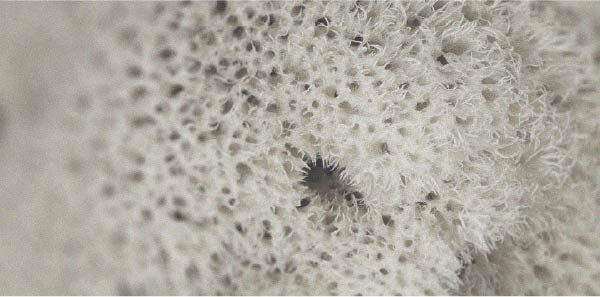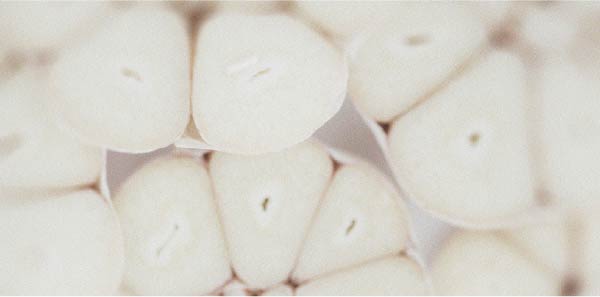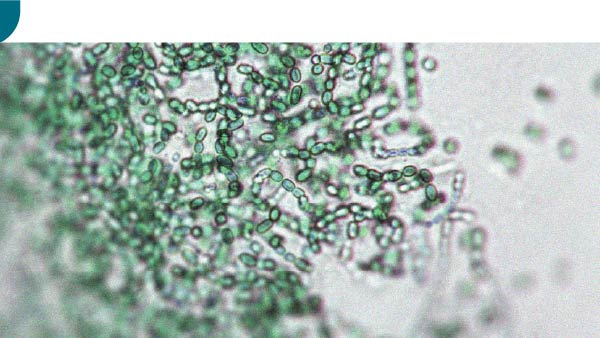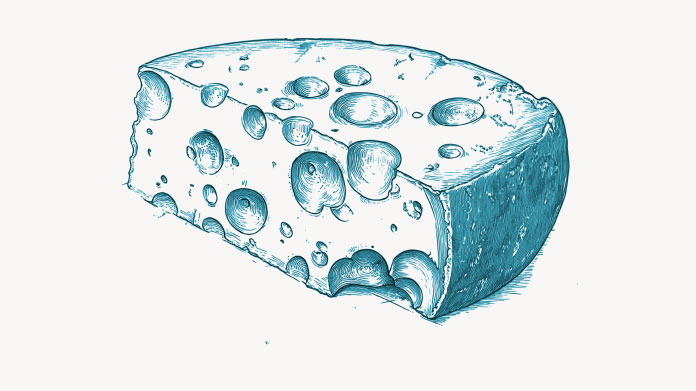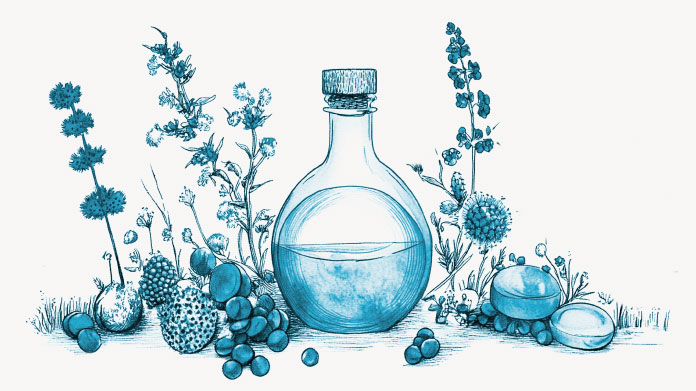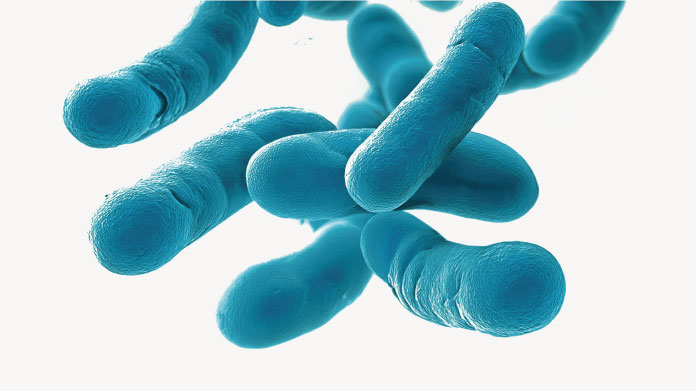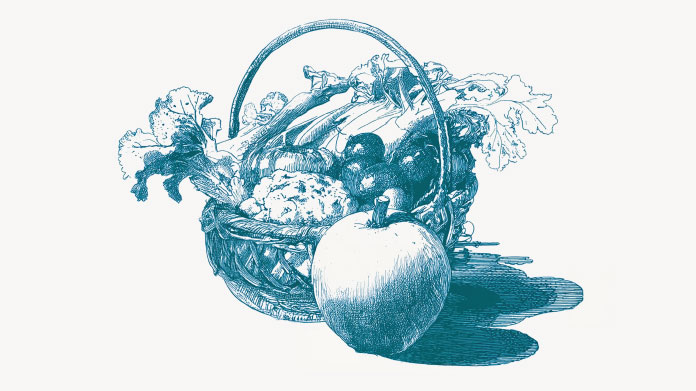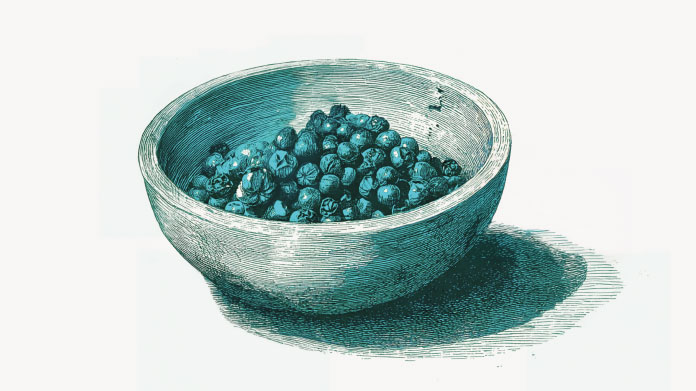Blog Digestive & Gut Health
3 probiotics to take in the event of diarrhea
Do you suffer from temporary or persistent diarrhea? Discover the 3 probiotics most studied for their potential effects on preventing and reducing the duration of acute or chronic diarrhea.
5 Days
Easy to navigate site
Easy to navigate site, had what I was searching for, good price. easy order-check out
James Tucker
11 Days
My skin is clearing up nicely!
Pretty good for my skin so far.
Christian
13 Days
The new packaging is excellent
The new packaging is excellent - finally! No more squashed boxes and torn envelopes.
GORAN
14 Days
Great Product
Great Product
Larry Garrett
18 Days
Quick shipping
Quick shipping; good price. No issues!
Mary McCarty
20 Days
Thr product is very good and is helping…
Thr product is very good and is helping me on my health. Then is always on time
LUGO Luz
22 Days
Buying was fine
Buying was fine. I had problems with the website not recognizing my login info, and had to call to get it fixed. Other than that, everything was good.
David S. Clark
23 Days
Your super maca and super ginseng are…phenomenal
Your super maca and super ginseng are phenomenal supplements that compliment each other when taking them together. Fantastic feeling of well-being and lots of mid day energy without the crash.
Keith Mason
25 Days
I have had amazing results with every…
I have had amazing results with every supplement I've purchased. I am extremely satisfied with this company
kirstin Torres
25 Days
Fine products
Fine products . They are on the leading edge of online supplements. The only issue -so far-is they sometime run out of subscription items.
Jason Argos
28 Days
The ordering process is very user…
The ordering process is very user friendly and the products always come in a timely manner.
CARTER Rhonda
29 Days
The price for Dr
The price for Dr. Pero's AC-11 is reasonable and in line with his views. (my former colleague). Keep it pure.
CAMPBELL Clayton
32 Days
Right on every time.
Right on every time.
Arthur Nicholas
35 Days
They are cheaper than everyone else and…
They are cheaper than everyone else and the shipping was fast. Great company.
Patricia Adams
41 Days
Availability of quality health…
Availability of quality health supplements and it's wide variety is impressive. Ordering is seamless and shipping even during the holidays is well streamlined.
Mohamad Hussein



